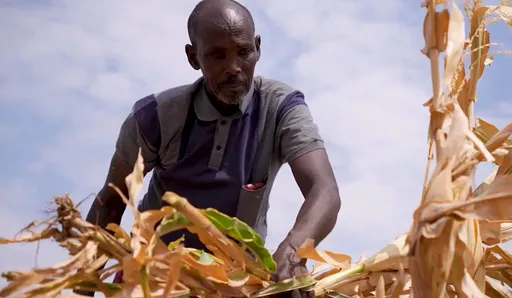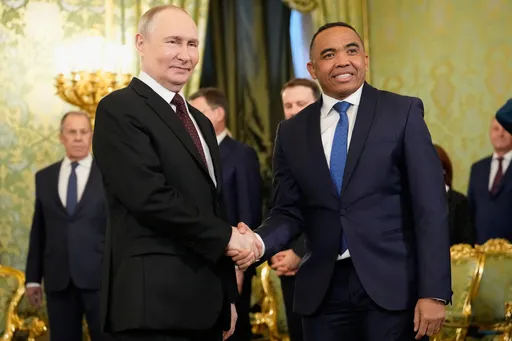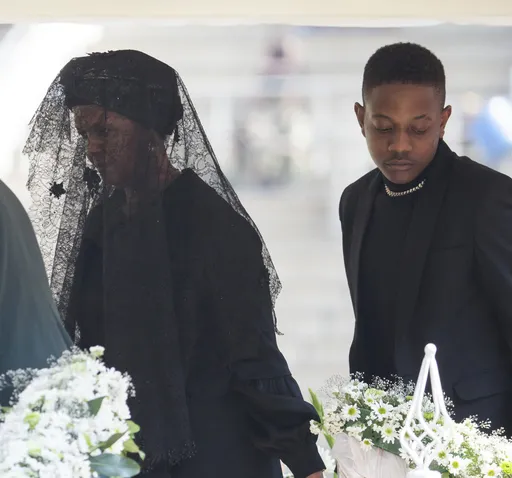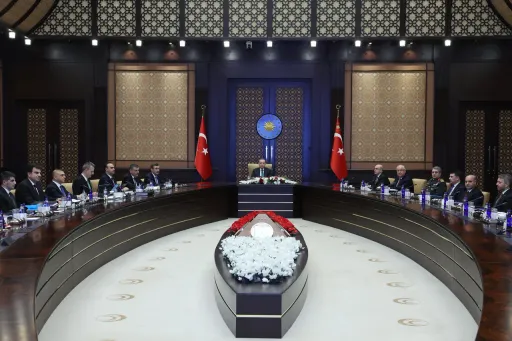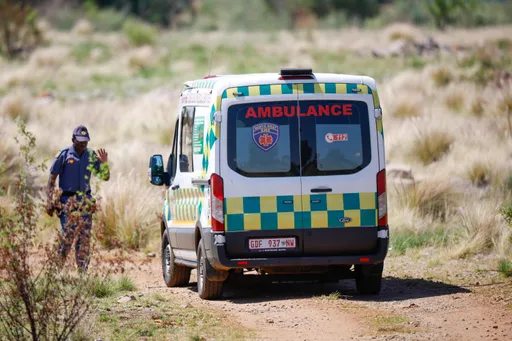A raft of restrictions has been imposed on the main city in Ethiopia's Amhara region, authorities said Monday, following protests against moves to disband regional forces.
Demonstrations have taken place in several cities in Amhara since the federal government on Thursday announced plans to integrate military units, which were unilaterally set up by some states, into the federal army or police.
Now municipal authorities in Gondar announced that restrictions have been ordered by the "security command post," including an 8 pm to 6 am ban on motorised tricycles used as public transport, while bars and nightclubs must close at 9 pm.
The carrying of weapons -- including knives and iron bars -- and the firing of bullets or firecrackers is barred, while strikes are forbidden and public meetings must obtain authorisation.
Prime Minister Abiy Ahmed said on Sunday the initiative to integrate regional security forces into the federal security agencies was for the sake of Ethiopia's "unity." He warned that law enforcement measures would be taken against any "destructive" opposition.
These regional forces have sparked controversy in the past, particularly during the two-year Tigray war, with those operating in Amhara accused of human rights abuses.
In Amhara's main city of Gondar, many people joined a demonstration on Sunday against the plans, with protesters chanting "Abiy traitor", "we won't give up" and "rights for the Amhara", according to one local resident.
It was not possible to independently confirm events as the region is restricted to journalists for what the authorities say are "security reasons".
Ethiopia's constitution allows its 11 states, drawn up along linguistic and cultural lines, to operate their own regional police forces.
But over the last 15 years, some have gradually established special military forces, acting outside these constitutional constraints.
The Amhara are the country's second largest ethnic grouping and have long constituted its political and economic elite.









